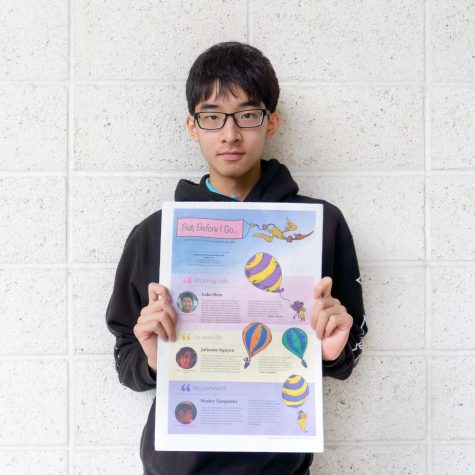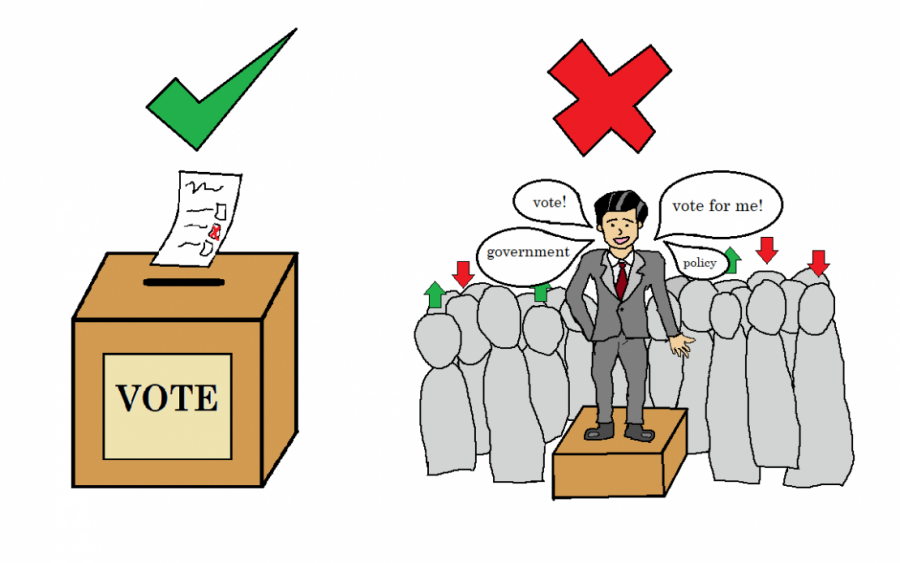Primaries Must Replace Caucuses in American Elections
The process of selecting Democratic and Republican candidates for the upcoming 2020 U.S. presidential election is rapidly unfolding. States pledge delegates proportionally in one of two contests: primaries or caucuses. In the end, primaries are the superior election system.
Most states, including California, rely on primaries, which are statewide, government-organized systems in which voters cast their ballots without any concomitant event. In contrast, four states and two territories rely on caucuses, party-organized events in which candidates or their representatives convince an in-person audience to support their campaign.
Senior Ankith Desai, who voted in California’s primary and whose brother experienced complications in the Iowa caucuses, was quick to note that the primary system upholds voter convenience over caucuses.
“In California… we could drop ballots off, you could do absentee voting, you could go in the poll if you really wanted to,” Desai said. “We had many options to make sure that everyone that wanted to vote could vote.”
Caucuses are highly inconvenient and impractical for the average voter and are inherently an impediment to higher levels of voter turnout.
“People need to spend hours on a Monday evening talking about the candidates and standing in a gymnasium waiting for people to literally count how many people are standing in the corner of the room,” Virginia Tech assistant professor of political science Caitlin Jewitt said in an interview to NPR. “Turnout is much higher in primary elections.”
Primaries can be a more democratic system that allows voters to cast votes independently based on their own judgment.
“The primaries certainly work well for large populations of people,” social studies teacher Heidi Martasian said. “You don’t necessarily have someone who’s going to bully you or sway you into voting a particular way.”
Primaries ultimately predict the eventual nominee more accurately, which suggests that they may be more representative of the will of the American people.
According to historical primary election data from 1976 to 2012 compiled by The Washington Post, “the results of the primaries matched the eventual winner 77.9 percent of the time. The results of the caucuses: only 64.5 percent.”
The handful of states still using caucuses in primary elections should switch to primaries, which would be more suitable for American voters and constitute a fairer and more democratic voting process.
Your donation will support the student journalists of Portola High School. Your contribution will allow us to purchase equipment and cover our annual website hosting costs.

Justin Tang is the Portola Pilot’s Back Page Editor for the 2021-22 school year, his second and last on the team. Throughout the year, he’ll make sure...




